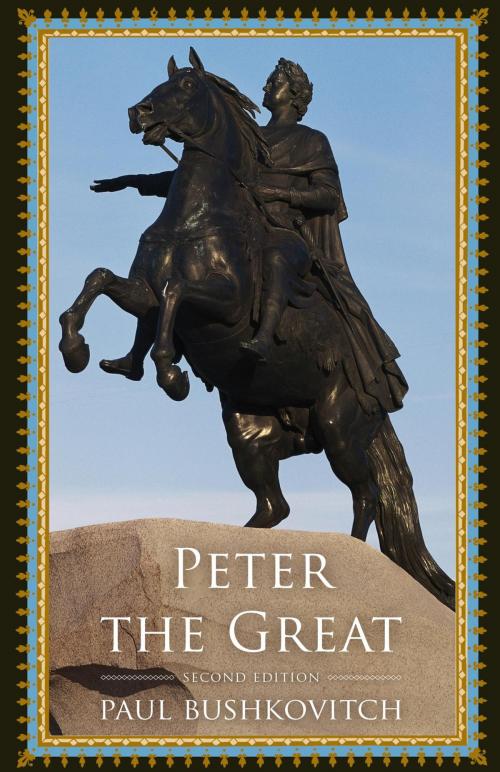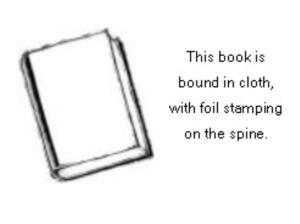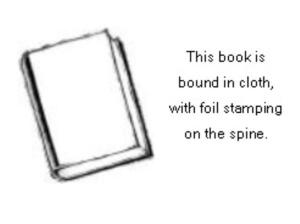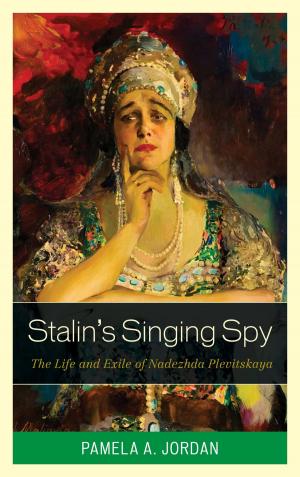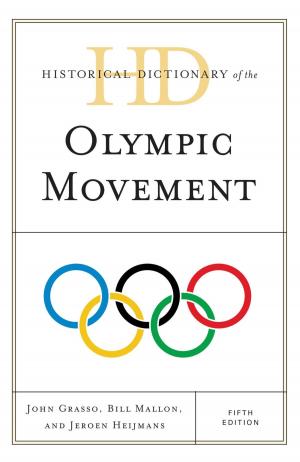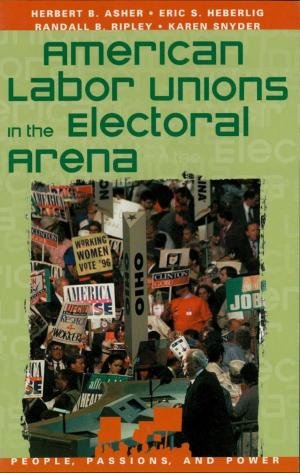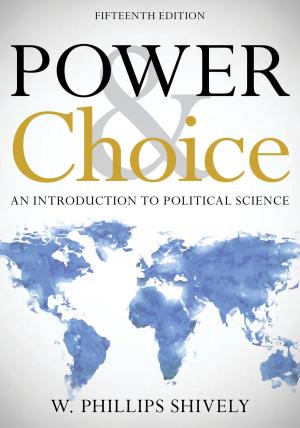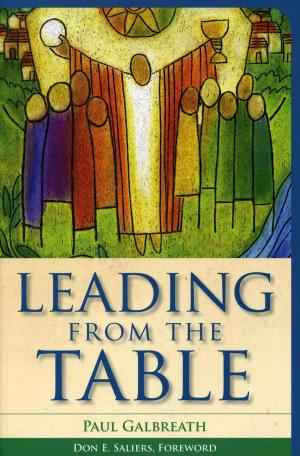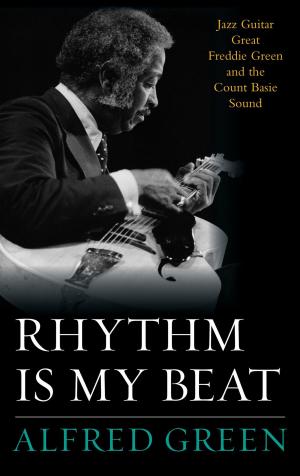| Author: | Paul Bushkovitch | ISBN: | 9781442254633 |
| Publisher: | Rowman & Littlefield Publishers | Publication: | January 14, 2016 |
| Imprint: | Rowman & Littlefield Publishers | Language: | English |
| Author: | Paul Bushkovitch |
| ISBN: | 9781442254633 |
| Publisher: | Rowman & Littlefield Publishers |
| Publication: | January 14, 2016 |
| Imprint: | Rowman & Littlefield Publishers |
| Language: | English |
Centuries after he ruled Russia from 1689 to 1725, Peter the Great remains one of the most revered and enigmatic leaders in world history. Now in a new edition, this penetrating study by noted Yale historian Paul Bushkovitch casts new light on Peter and his times, and demonstrates why it is impossible to comprehend the later course of Russian history without first grasping Peter's profound impact. Bushkovitch illustrates how Peter, during his thirty-six years as tsar, transformed his country into a modern nation and changed the face of the Russian character by introducing European culture, scientific innovations, and political thought to Russia. His influence ultimately paved the way for liberalism, Western-style nationalism, and communism. In the end, no one can agree on how Peter should be remembered: was he a heroic reformer who brought Russia into the modern age, or a violent despot who valued the ideas of foreigners over Russian heritage?
Centuries after he ruled Russia from 1689 to 1725, Peter the Great remains one of the most revered and enigmatic leaders in world history. Now in a new edition, this penetrating study by noted Yale historian Paul Bushkovitch casts new light on Peter and his times, and demonstrates why it is impossible to comprehend the later course of Russian history without first grasping Peter's profound impact. Bushkovitch illustrates how Peter, during his thirty-six years as tsar, transformed his country into a modern nation and changed the face of the Russian character by introducing European culture, scientific innovations, and political thought to Russia. His influence ultimately paved the way for liberalism, Western-style nationalism, and communism. In the end, no one can agree on how Peter should be remembered: was he a heroic reformer who brought Russia into the modern age, or a violent despot who valued the ideas of foreigners over Russian heritage?
